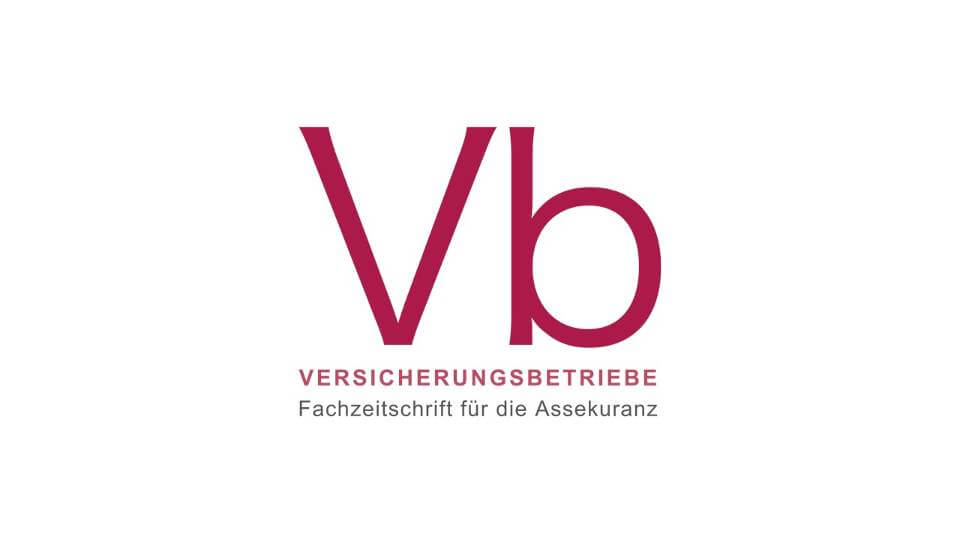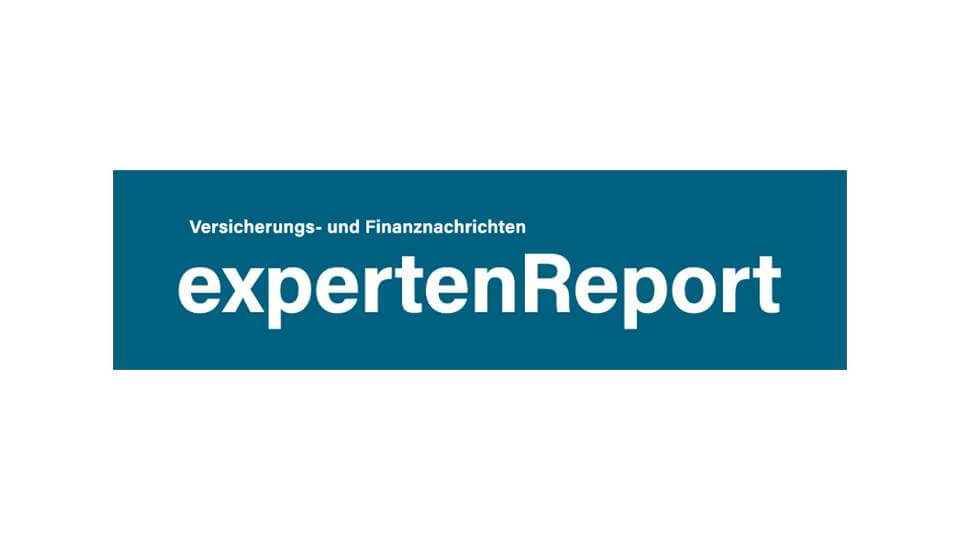The current amendment to the NachweisG has led to a number of inquiries and irritations. We would like to take this as an opportunity to provide clarity and inform you about a recent statement by the BMAS.
What will change as a result of the amendment to the NachweisG?
§ Section 2 of the NachweisG previously provided for the employer’s obligation to provide evidence to the employee regarding essential elements of the employment relationship. The essential terms of the contract, which must be set down in writing, include the composition and amount of the remuneration (Sec. 2 (1) Sentence 1 No. 7 NachwG n.F.). The amendment does not change this! This has been the case since the NachweisG came into force on July 28, 1995. Also, the NachweisG only concerns the proof – NOT the conclusion of the contract!
Does the Xempus platform meet the requirements?
As before, deferred compensation can still be concluded digitally on the platform. The employer must – as before – ultimately provide evidence of a written document containing the essential terms and conditions of employment, which also include the composition of the remuneration. However, this was also the case before the law was changed, except that violations are now subject to fines (up to €2,000).
The Xempus platform already provided for a process that met the requirements of the NachweisG before the amendment. The insurer shall provide the required information to the employer. The latter can simply print them out via download and hand them out to his employees. Due to the shortened deadlines of the new NachweisG (information on remuneration must be handed over on the first day of work), it appears difficult or even impossible to process the bAV without digital support.
What is really new is that, at the start of the contract, the employer must also provide information on the occupational pension (name and address of the pension provider) if the occupational pension is promised via a pension provider; however, the employer’s obligation to provide evidence does not apply if the pension provider is obliged to provide this information (Section 2 (1) Sentence 1 No. 13 NachwG n.F.).
What’s next?
Xempus is in constant dialog with its customers to further develop the platform. We are currently considering whether to include an additional notice to employers referencing the new fine penalty.
What is happening at the legislative level?
The legislative process has been completed. But: In the hearing of the Committee for Labor and Social Affairs on June 20, 2022, Beate Müller-Gemmeke of BÜNDNIS 90/DIE GRÜNEN stated that it was “clear” that deferred compensation was not covered by the Evidence Act. The responsible Parliamentary State Secretary Kerstin Griese (BMAS) indicated her agreement with this view.
What does the BMAS say about this?
We have been in contact with the Federal Ministry of Labor and Social Affairs on this matter. BMAS has stated to us:
“The Verification Act requires the employer to inform its employees in writing about the agreed essential terms of the contract, which includes “the composition and amount of the remuneration for work.” Accordingly, the employer must provide information about the remuneration, but not about what the remuneration will be used for by the employees in the next step. In the opinion of the BMAS, the Verification Act is therefore not applicable to occupational pensions in the special form of deferred compensation.”
We welcome the clarification by the ministry and expect these simplifications for occupational pension schemes to provide a further boost in the direction of digitization. We will be happy to provide a copy of the letter upon request.
Xempus AG’s statement on the law can be found here .
PR contact
Stefanie Dadson | stefanie.dadson@xempus.com | Tel: 089 2000 17 59 | www.xempus.com


